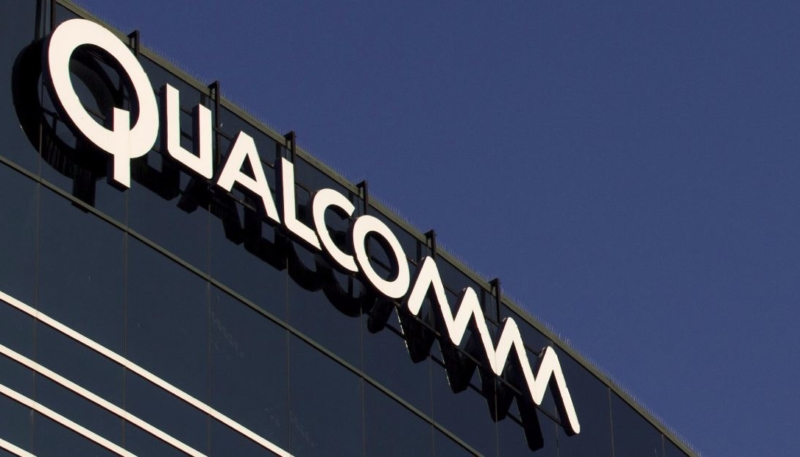Qualcomm on Tuesday filed a request with Judge Lucy Koh to temporarily hold off on enforcing an antitrust ruling the judge handed down last week. The company argues the action could irreparably harm the company’s licensing strategy as it prepares an appeal.
Reuters reports that while the company hasn’t as yet filed an appeal, its motion to stay Koh’s ruling says it is confident its appeal to the Court of Appeals for the Ninth Circuit will be successful.
Qualcomm’s argument relies on arguing that Koh’s recent decision in favor of the United States Federal Trade Commission raises “several legal questions,” including that she excluded evidence after a March 2018 cutoff date. Such information would include the fact that Apple Inc dropped Qualcomm in favor of rival chip supplier Intel Corp, showing that Qualcomm did not have a stranglehold on the market, says the chipmaker.
Further, Qualcomm is also taking issue with the FTC’s argument that the chipmaker was in essence imposing a tax on customers, saying the assertion is unprecedented in antitrust law, the report said.
Judge Koh of the United States District Court for the Northern District of California found that the San Diego-based modem chip maker violated the FTC Act, and ordered the following remedies:
(1) Qualcomm must not condition the supply of modem chips on a customer’s patent license status and Qualcomm must negotiate or renegotiate license terms with customers in good faith under conditions free from the threat of lack of access to or discriminatory provision of modem chip supply or associated technical support or access to software.
(2) Qualcomm must make exhaustive SEP licenses available to modem-chip suppliers on fair, reasonable, and non-discriminatory (“FRAND”) terms and to submit, as necessary, to arbitral or judicial dispute resolution to determine such terms.
(3) Qualcomm may not enter express or de facto exclusive dealing agreements for the supply of modem chips.
(4) Qualcomm may not interfere with the ability of any customer to communicate with a government agency about a potential law enforcement or regulatory matter.
(5) In order to ensure Qualcomm’s compliance with the above remedies, the Court orders Qualcomm to submit to compliance and monitoring procedures for a period of seven (7) years. Specifically, Qualcomm shall report to the FTC on an annual basis Qualcomm’s compliance with the above remedies ordered by the Court.
Qualcomm says it has concerns about selling chips to unlicensed customers and renegotiating existing contracts, reports FOSS Patents.
“After radically restructuring its business relationships, Qualcomm will not be able to return to its pre-injunction business in an orderly fashion,” the motion reads. “Nor will it be able to unwind licensing agreements it has renegotiated in the shadow of an order that is later overturned.”


